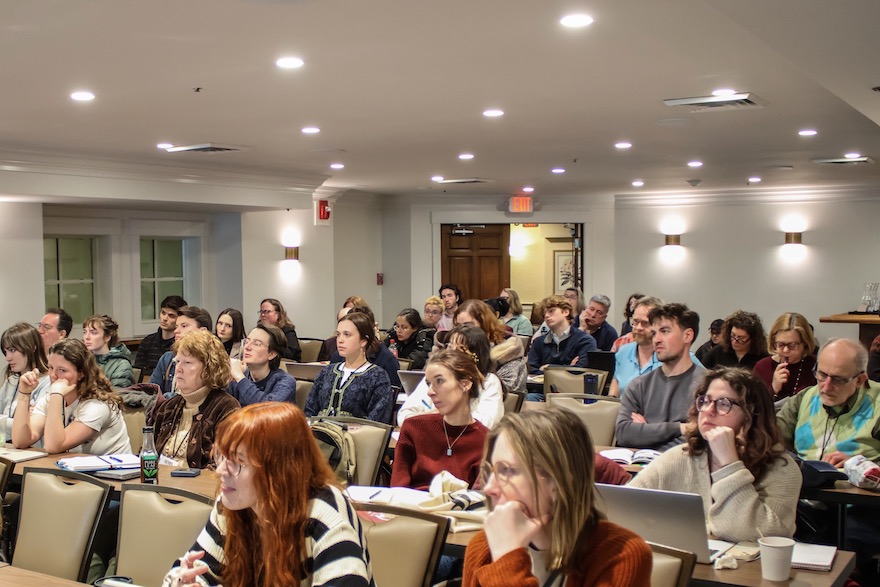 From cutting-edge discussions on AI and branded content to skill-building sessions on interviewing, public records, and inclusive storytelling, the 2025 New England Newspaper Convention delivered two full days of practical takeaways and powerful ideas.
From cutting-edge discussions on AI and branded content to skill-building sessions on interviewing, public records, and inclusive storytelling, the 2025 New England Newspaper Convention delivered two full days of practical takeaways and powerful ideas.
Held March 28 and 29 at the Portland Regency Hotel in Portland, Maine, the event brought together journalists, editors, publishers, students, and media experts from across New England.
This year’s program featured more than 20 sessions, keynotes, and workshops — covering everything from sales and marketing strategies to equity in journalism, First Amendment protections, and investigative reporting. Whether you came to learn new tools, connect with peers, or get inspired by industry leaders, the convention offered something for every corner of the newsroom.
On Friday, attendees learned from Shannon Kinney of Dream Local Digital about boosting digital ad sales (download slide deck), while Mike Donoghue shared decades of insight with 30 tips for better interviewing. Kevin Berrier of MDDC Ad Services showed how AI is reshaping advertising, and Cheryl Phillips of Big Local News introduced powerful tools for data-driven reporting. Dan Cotter, Terry Williams, and Mark Stodder discussed philanthropy as a sustainable model for journalism, and the Maine Trust for Local News team — Mackenzie Gregory and Molly Adams — unpacked their branded content success story (download slide deck). The day closed with a vital First Amendment Town Hall led by Aaron Julien and Rob Bertsche, followed by the annual Hall of Fame Dinner.
Saturday’s sessions opened with artist Alexandra Bell, whose keynote explored how bias in news design can distort narratives. Meg Heckman of Northeastern University discussed responsible gender coverage, and Sig Schutz of Preti Flaherty led a panel of public records experts, including Jenifer McKim, Judy Meyer, and Steve Greenlee. In a two-part hands-on training, Mike Reilley of JournalistsToolbox.ai walked participants through AI tools and fact-checking strategies. Lunch time featured the Yankee Quill Award Luncheon.
The day continued with discussions on equity in journalism from Emma Carew Grovum of The Marshall Project, narrative craft from Judy Meyer, Link McKie, and Mike Donoghue, and podcasting strategies from Monica Brady-Myerov (download slide deck) and Elaine Appleton Grant (download slide deck). Bell returned to lead an interactive workshop on rethinking coverage, while Larry Parnass moderated a panel of Publick Occurrences winners: Colin Flanders, Sruthi Gopalakrishnan, Rose Lundy, and Shaun Robinson. The final session of the day featured a timely media law refresher with Louise Carron and Rob Bertsche. The day closed with the Awards banquet, where the results of the 2024 Better Newspaper Competition were announced.
Each session offered tangible takeaways and fresh perspectives — whether the goal was to inspire a new project, strengthen newsroom processes, or simply reconnect with the power of good journalism.
Be sure to check out the full program, with links to our sponsors, the speakers, and the photo gallery below to revisit the people and moments that made the 2025 convention sessions and workshops so memorable.
A special thank you goes out to the USM Free Press for sending Emilyn Smith, Director of Photography, Abbey DeRosia, Staff Photographer, and Lucille Siegler, Business Manager, to cover the event and who contributed to the photo gallery.
 The Online News Association is offering two opportunities specifically for freelancers to learn ways to leverage AI tools to streamline the reporting process. Add them to your calendar:
The Online News Association is offering two opportunities specifically for freelancers to learn ways to leverage AI tools to streamline the reporting process. Add them to your calendar:

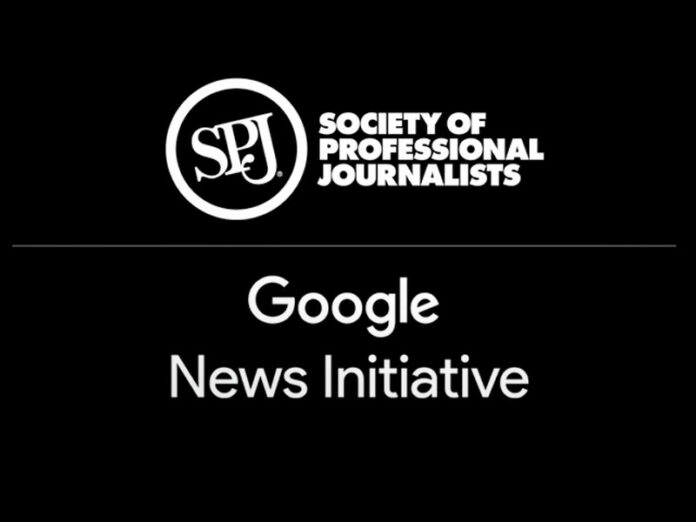
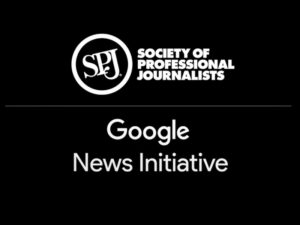 Since its inception, thousands of journalists have been trained by SPJ and the Google News Initiative on using the continually evolving suite of Google tools. Read more about the SPJ Training Program and the Google News Initiative here.
Since its inception, thousands of journalists have been trained by SPJ and the Google News Initiative on using the continually evolving suite of Google tools. Read more about the SPJ Training Program and the Google News Initiative here.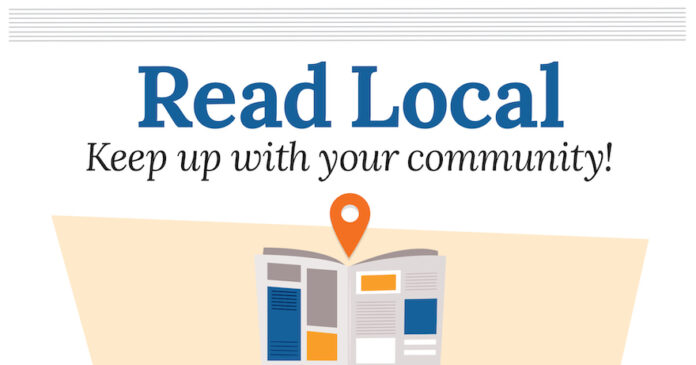

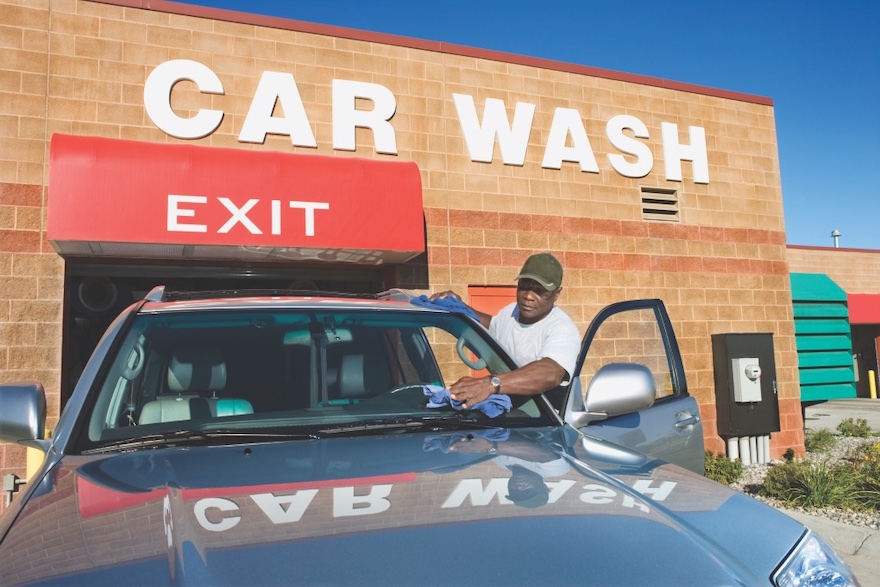
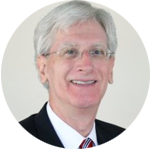
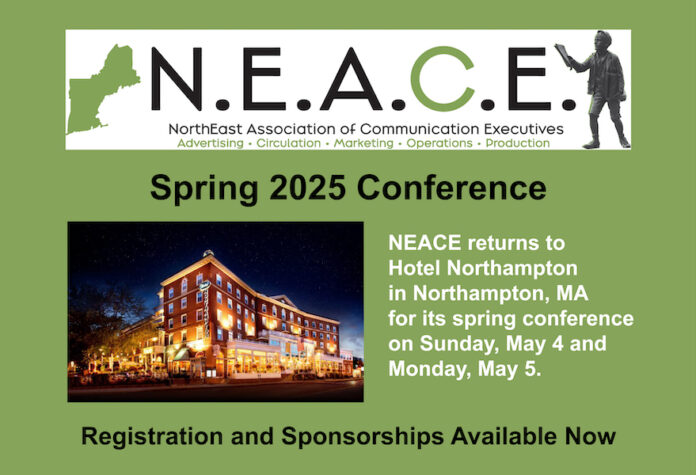
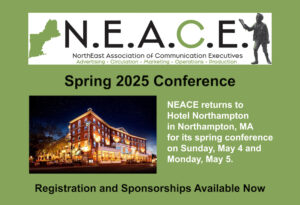 The NorthEast Association of Communication Executives (NEACE) is thrilled to return to the historic Hotel Northampton for its annual Spring Conference on Sunday, May 4, and Monday, May 5, 2025. Don’t miss this dynamic gathering of regional media professionals, packed with thought-provoking sessions, expert speakers, and plenty of opportunities to connect.
The NorthEast Association of Communication Executives (NEACE) is thrilled to return to the historic Hotel Northampton for its annual Spring Conference on Sunday, May 4, and Monday, May 5, 2025. Don’t miss this dynamic gathering of regional media professionals, packed with thought-provoking sessions, expert speakers, and plenty of opportunities to connect.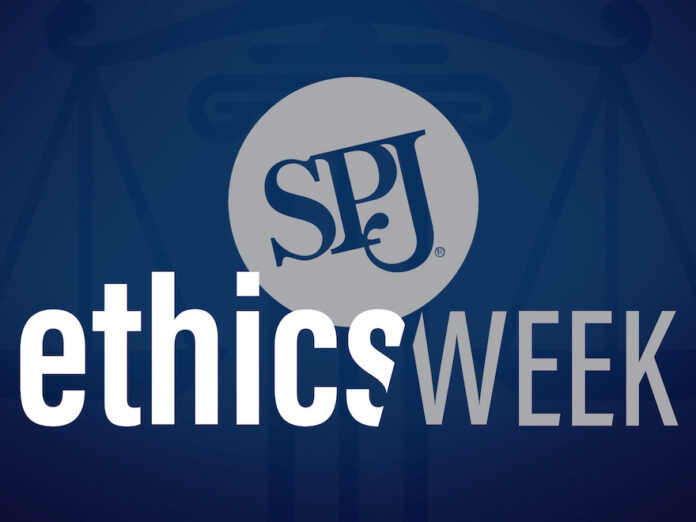
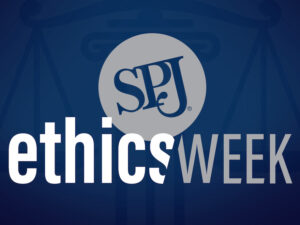 In a powerful show of unity, a coalition of more than 50 organizations, including NENPA, that support press freedom issued a
In a powerful show of unity, a coalition of more than 50 organizations, including NENPA, that support press freedom issued a 
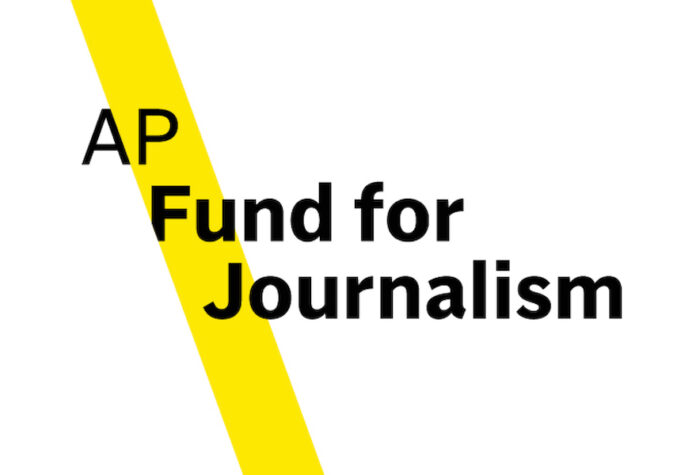
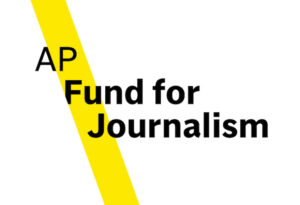 The AP Fund for Journalism (APFJ) today announced its board of directors and a local newsroom pilot program in which it will work with nearly 50 nonprofit news organizations to support state and local news reporting.
The AP Fund for Journalism (APFJ) today announced its board of directors and a local newsroom pilot program in which it will work with nearly 50 nonprofit news organizations to support state and local news reporting.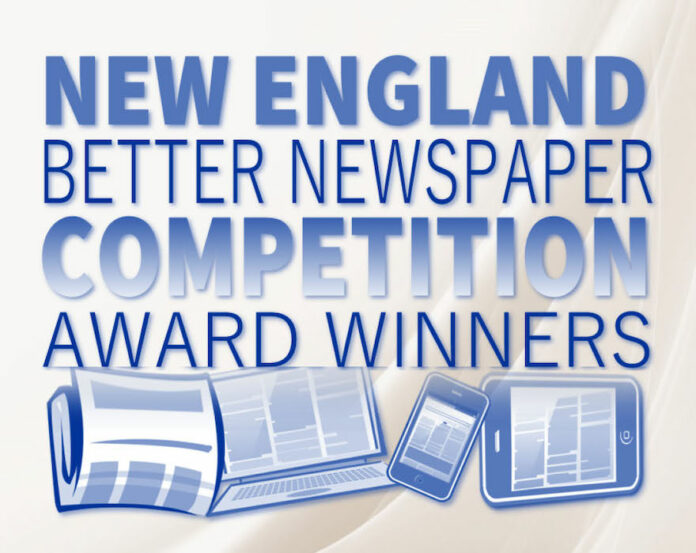
 The New England Newspaper & Press Association proudly congratulates all the winners of the 2024 Better Newspaper Competition! The awards were presented on March 29 in Portland, Maine, during a celebration of the region’s finest in journalism.
The New England Newspaper & Press Association proudly congratulates all the winners of the 2024 Better Newspaper Competition! The awards were presented on March 29 in Portland, Maine, during a celebration of the region’s finest in journalism.
Journalism Advisory Organizations Issue Rare Alert to Student News Outlets
A coalition of national student media advisory organizations has issued a rare alert to student journalists, revising long-standing guidance on journalistic practices in light of what it calls an “unprecedented” threat to the free exercise of student speech on campuses across the United States.
The alert recommends that student media organizations “revisit their policies on takedown requests and anonymous sources, particularly for those whose immigration status may make them targets for their lawful speech.” It also advises being transparent with sources and audiences about anonymous bylines and sourcing, and educating staff on these issues. The group of signatories — comprising the Associated Collegiate Press, Journalism Education Association, College Media Association, National Scholastic Press Association, Quill & Scroll, and the Student Press Law Center — acknowledged that the advice represents a departure from traditional journalistic norms.
“Many of our organizations have existed for a century or more, and we have never before issued this type of alert. We do not do so lightly now,” the coalition said in its alert, which was issued on April 4.
Read more at https://niemanreports.org/student-journalists-press-freedom-splc/